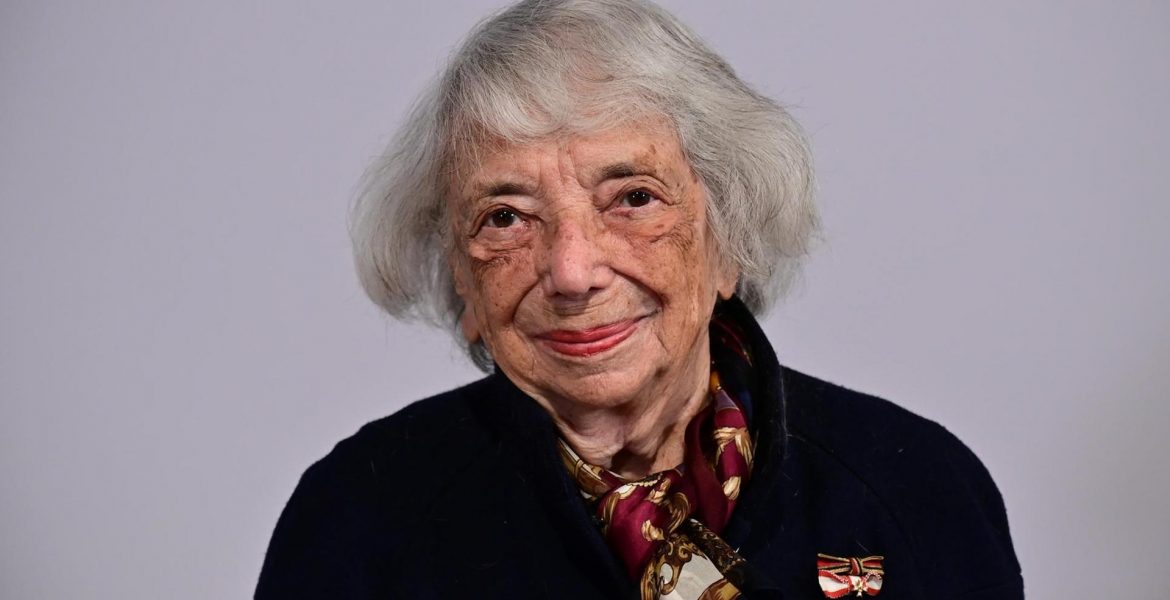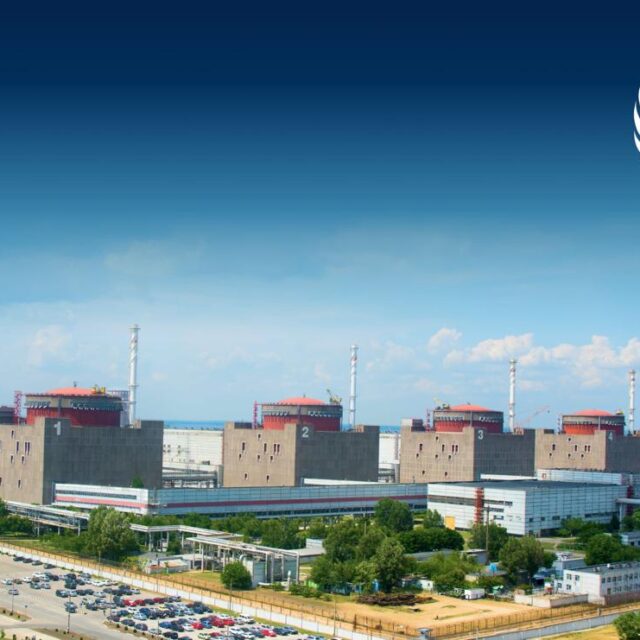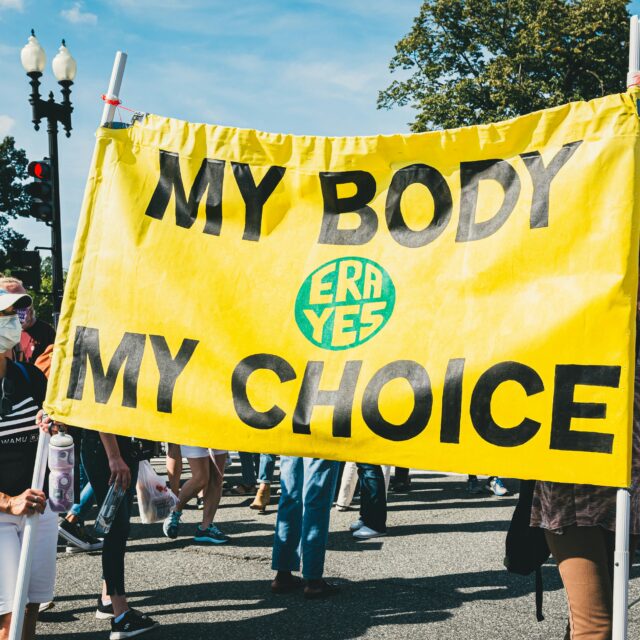Today, Holocaust survivor Margot Friedländer will address MEPs at a special plenary meeting for International Holocaust Remembrance Day.
77 years after the liberation of the Auschwitz Nazi concentration camp on 27 January 1945, MEPs will honour the International Day of Commemoration in memory of the victims of the Holocaust.
The ceremony will be opened at 12.30 with a speech by the President of the European Parliament Roberta Metsola, followed by a musical interlude.
Margot Friedländer was born in 1921 in Berlin. In 1943, her mother and brother were deported to Auschwitz, where they were both murdered. At the age of 21 she went into hiding, but was tracked down in 1944 and deported to the concentration camp Theresienstadt.
She was the only member of her family to survive. Together with her husband Adolph Friedländer, whom she knew from Berlin and met again in Theresiensadt, Margot moved to the US in 1946.
She moved back to Berlin in 2010. Margot Friedländer still travels around Germany, telling her story and life experience, particularly in schools.
“They listen to me intently,” she has said in an interview. “I have received — I don’t know — a thousand letters. I’m speaking in the name of those who cannot speak. And not just the six million Jews. I’m speaking on behalf of all who were murdered and who suffered.”
Today’s commemoration marks the 77th anniversary of the liberation of the Auschwitz-Birkenau camp. The Shoah itself – a methodical enterprise of extermination of the European Jewish people – began more than 80 years ago. The monstrous realisation of a plan, an ideology of hatred, of which we are gradually approaching the centenary.
Every year, we see the last survivors of this abomination leave us. Soon, no one will remain to bear witness. With each passing year, the Shoah inches towards becoming a historical event. More and more distant, more and more abstract. Especially in the eyes of the younger generations of Europeans. This is why, paradoxically, the more the years go by, the more important the commemoration becomes. The more essential.
Two years ago, during the international commemoration at the site of Auschwitz-Birkenau, I was deeply moved by a survivor of the Death Marches. His name is Marian Turski. He addressed his granddaughter, and all the young people, tired of hearing about Auschwitz, about the War, about the Holocaust. He said, ‘Auschwitz did not fall from the sky. It came in small steps. It entered amid the indifference and the discrimination against the rights of minorities. And what happened once, can happen again.’ Marian Turski’s powerful message to the young people: ‘Don’t be indifferent! Because if you are not careful, another Auschwitz could fall from the sky!’
Today, the lessons of the Shoah are more relevant than ever. First, because Jewish people feel threatened. And they are threatened. They are even attacked in Europe. Just because they are Jewish. We do not accept this. We will never accept it. It cannot be repeated often enough: Europe would not be what it is today without Jewish people. And Europe without Jewish people would no longer be Europe.
I also want to extend Marian Turski’s message to the young. Democracy, too, does not just ‘fall from the sky’. It is conquered. It is built. Democracy must be nurtured and protected, day after day. It is not a ‘given’ that it will last forever. Today, once again, democracy has its enemies. And they resemble the enemies of yesterday, of 80 years ago: hate speech, extremism, rejection of the other, conspiracy theories. They creep into our societies. They infiltrate our lives. They contaminate our social networks.
That’s why today we must do more than remember. Remembering, unfortunately, is not enough. We must act. And the European Union is acting. We are fighting these enemies of democracy and fundamental values. But this must also be a personal fight. The fight of each and every one of us. And it begins by rejecting silence. By rejecting acceptance. And by rejecting the small steps that lead to indifference. Because to be indifferent to hate speech and to discrimination is to be indifferent to humanity, indifferent to democracy. And this … we must never be.




